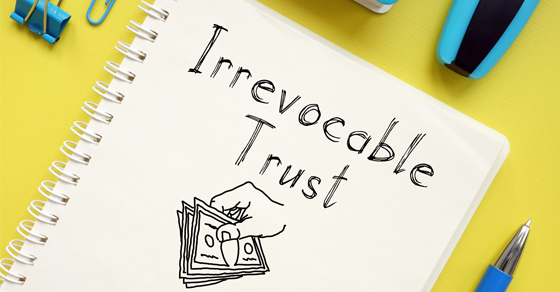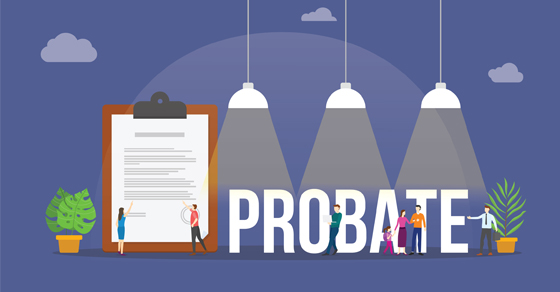Should You File a Joint Tax Return for the Year of Your Spouse’s Death?
The death of a spouse is a devastating, traumatic experience. And when it happens, dealing with taxes and other financial and legal obligations are probably the last things on your mind. Unfortunately, many of these obligations can’t wait and may have to be addressed in the months to follow. One important issue for the surviving […]Continue reading










